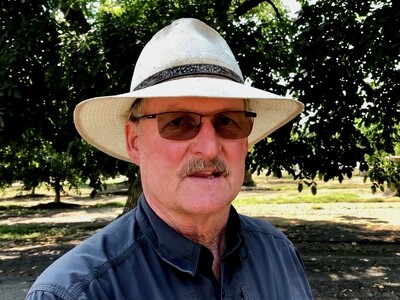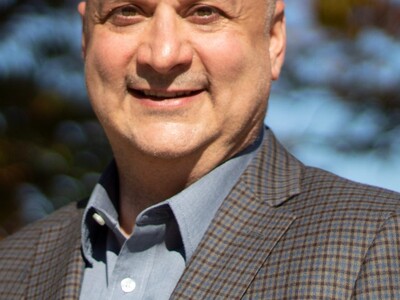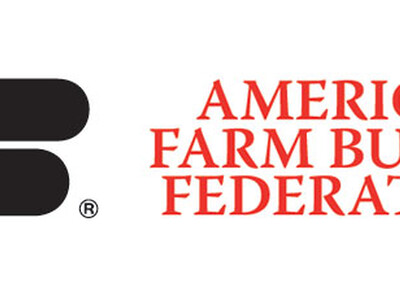Bee Health - Part 1

Tim Hammerich
News Reporter
Researchers at the University of California, Riverside are leading a new effort to stop and reverse a worldwide decline in honeybees. To boost dwindling honeybee populations, the University of California’s Office of the President has awarded $900,000 to a four-campus network of bee researchers and engineers. Boris Baer is a professor of entomology at UC Riverside and principal investigator of the project.
Baer… “If you look at any domesticated animal that we have: cow or beef or pigs or dogs and cats. If something's wrong with these domesticated animals, you go to the veterinarian and the veterinarian is well-equipped to identify what it is and then to treat that animal now. For bees it's really different. We have basically nothing. We have three or four very generic medications and the veterinarian sciences have never really taken up to be as a domesticated animal, which is kind of surprising given how important the bees are.”
Baer says one of the aspects of the project will be to find new tools to treat and protect the health of honeybees.
Baer… “New medication against diseases, but also new kind of medications where we could help bees if they get exposed to pesticides with microbes that can actually kind of downgrade pesticides that the bees are exposed to. So these are kind of more treatment options to maintain the bees health.”
Tune in Monday for more of the work being done to revive honeybee populations.
















